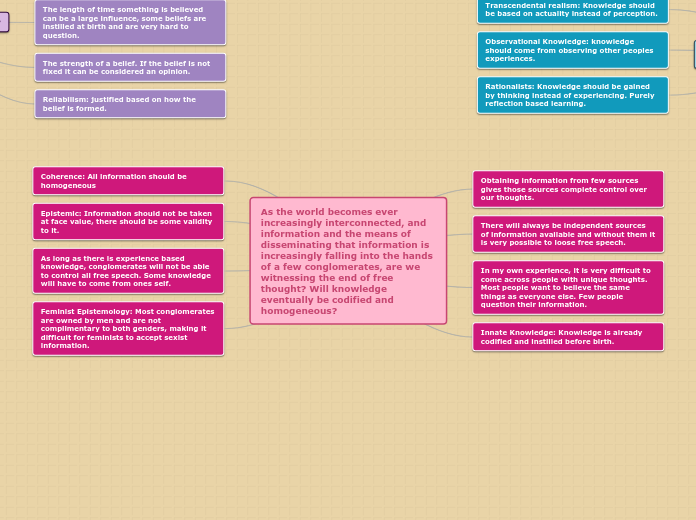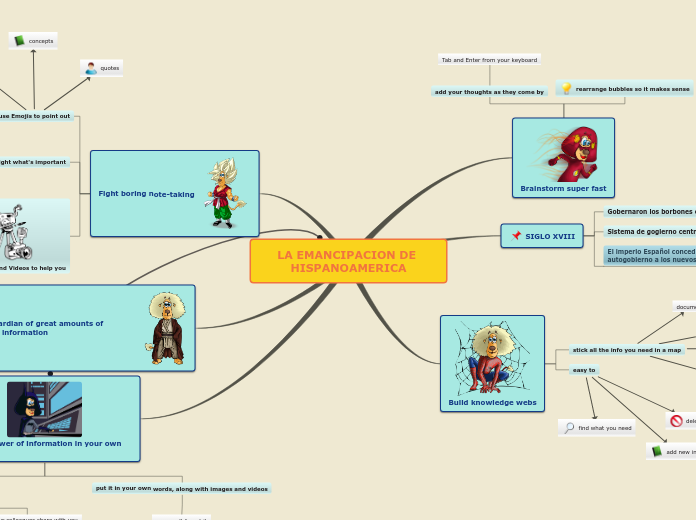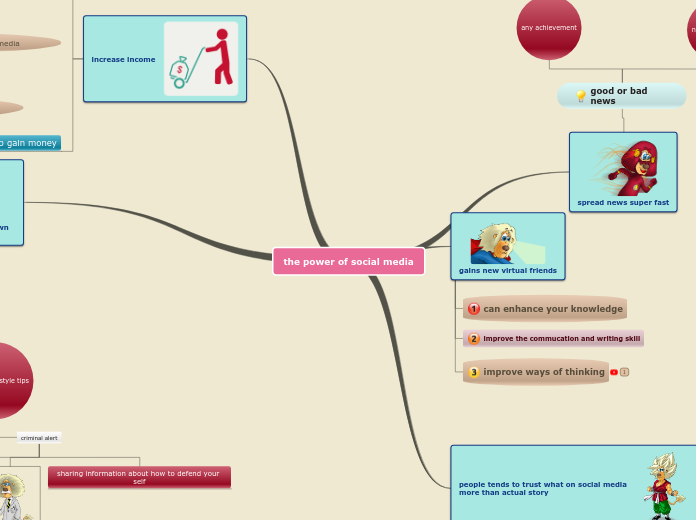von Senzers Senzers Vor 6 Jahren
298
What are the limits
As the world grows more interconnected, information dissemination increasingly falls under the control of a few large conglomerates, raising concerns about the potential end of free thought and the homogenization of knowledge.









